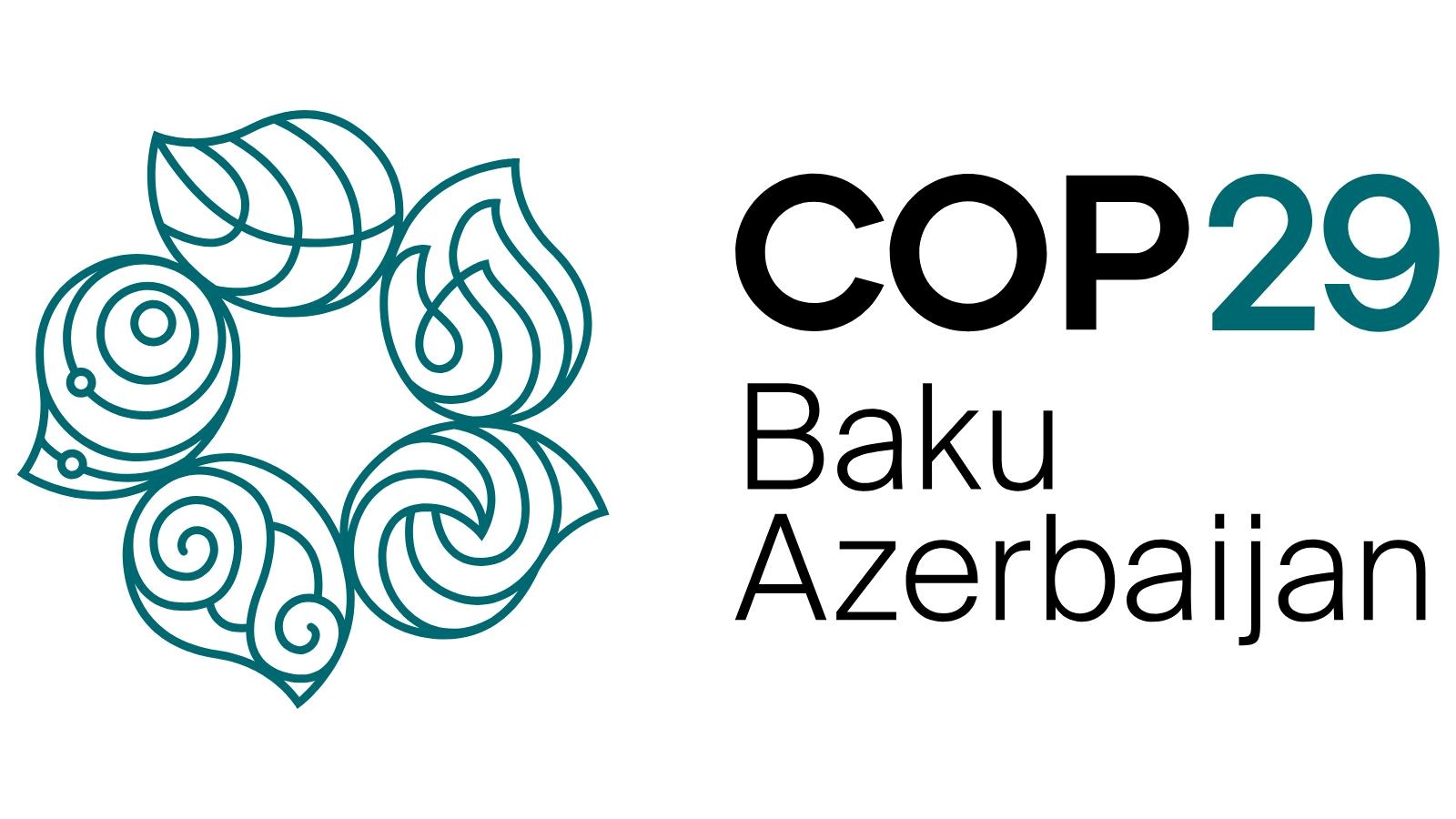The United Nations Climate Change experienced a significant milestone, reaching groundbreaking agreements during the COP 29 held in Baku, Azerbaijan, which focused on tackling challenges associated with climate change, making efforts towards environmental sustainability. The conference, which recorded agreements to increase climate fund allocation and practical solutions to combating carbon emissions and developing effective collaboration among nations, undoubtedly renews the hope of solving climate crisis while ensuring mutual collaboration among nations on climate change matters.
Increasing Climate Funding

It is common knowledge that climate disasters often require more financial commitments to effectively help vulnerable nations respond appropriately, hence making the increase of financial capacity a key debate and decision during the conference, giving rise to the potential tripling the annual funding from $100 billion to $300 billion by 2035. This decision as well as the goal to leverage on both private and public to support projects involving clean energy by mobilizing $1.3 trillion per year. This financial upgrade is projected to safeguard lives as well as leverage renewable energy to drive economic development.
Transparent System in Combating Carbon Emissions

Beyond the financial decisions to enhance climate change matters is a finalization of structures for controlling carbon markets through the Paris Agreement, establishing a transparent system for reducing carbon emissions. To achieve this, a body tasked with overseeing the application of these structures, ensuring that activities are coordinated within the boundaries of climate science, while providing training opportunities and access to financial aids for developing countries was agreed upon.
Since the impacts of climate disasters are challenging, important plans, such as the introduction of the Baku Adaptation Roadmap, were developed to help countries prepare and adapt to immediate and potential effects of climate change through practical training and projects, which also would inspire transparency in developing efficient climate strategies.
Inclusive Climate Action

As part of initiatives of spreading climate actions across demographics and encouraging intergenerational collaboration in order to widely address climate challenges, the inclusion of children as moderators and speakers during formal debates was a reflection of this initiative, while recognizing civil and indigenous society as well as youth groups efforts as agents of climate action sustainability. Meanwhile, the Marrakech Partnership brought innovations and ideas proposed by investors and relevant groups critical to achieving decisions and objectives of the Paris Agreement to the fore for Global Climate Action.
Conclusion
Due to the notable agreements being recorded, COP29 is regarded as very significant, paving the way for meaningful climate action. Similarly, this acts as a call to brace up for potential climate challenges ahead, while laying the foundation for environmental sustainability. Also, the conference has raised a call to action towards implementation of decisions and agreements reached while embracing collaboration and accountability as tools to achieving global climate action.
Author: Michael Akinbami

